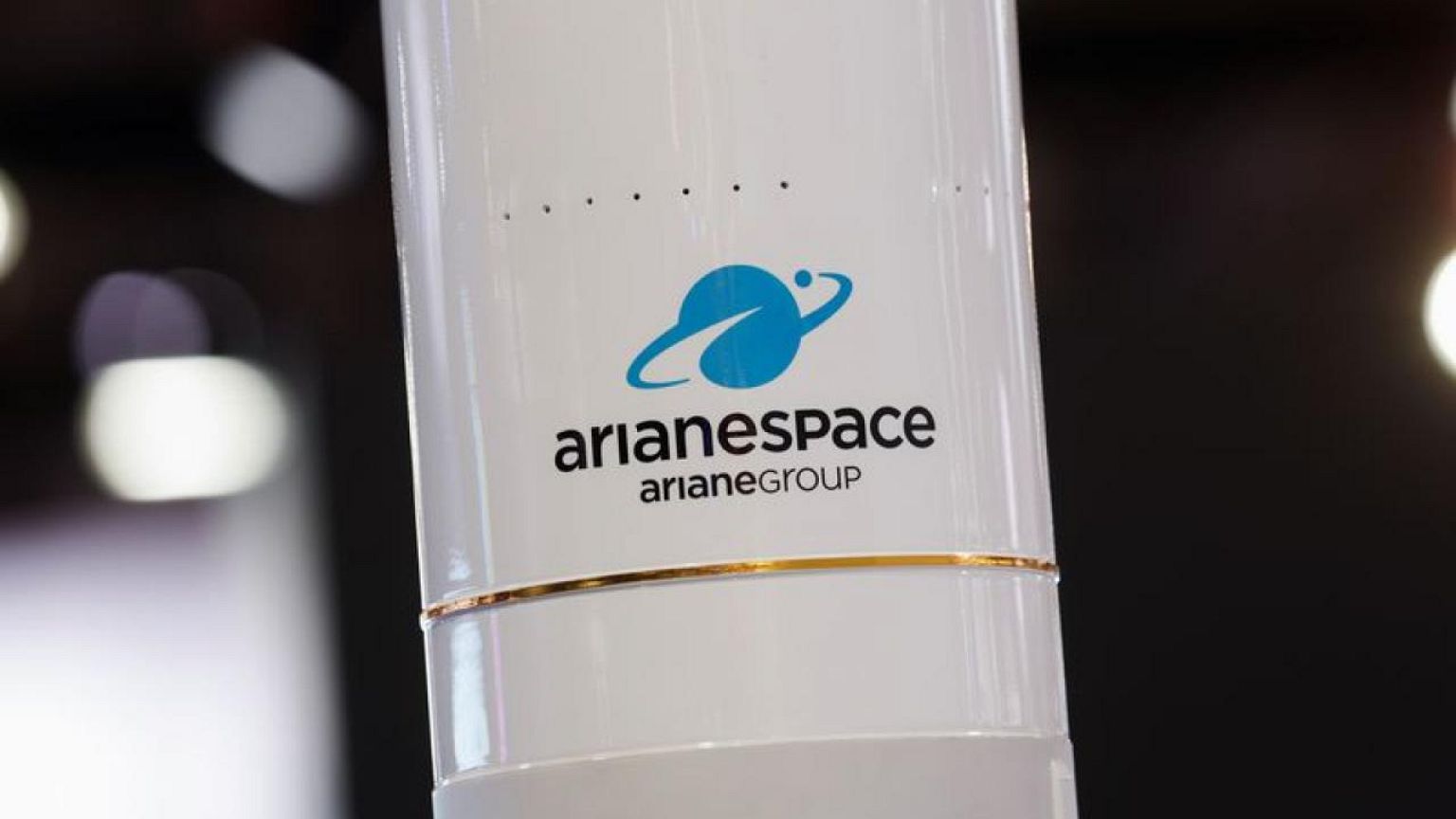By Alvise Armellini and Tim Hepher
ROME/PARIS - A European investigation is being launched after the latest version of the Italian Vega C rocket failed on its second mission, with the loss of two Earth-imaging satellites.
Launch firm Arianespace said on Wednesday an anomaly occurred two minutes and 27 seconds after the rocket left the pad in French Guiana, thwarting efforts to add two satellites to the Pleiades Neo constellation operated by Airbus.
Italian Industry Minister Adolfo Urso said a commission of inquiry would be set up to examine the incident.
"I have full confidence that the launches will resume soon," he added in a statement, without elaborating on why he was optimistic about future launches in the wake of the incident.
The Vega C rocket is set to play an increasing role in Europe's access to space, alongside the upcoming Ariane 6 heavy launcher, after a breakdown in ties following the invasion of Ukraine forced Arianespace to stop using Russian Soyuz vehicles.
Until now, Europe has relied on the Vega programme for small payloads, Soyuz for medium ones and Ariane 5 for heavy missions.
In Milan, shares in Avio, the manufacturer of the rocket, fell as much as 11% after the second launch of the recently upgraded Vega C version - and the first commercial mission - ended in failure.
The stock was on track for its worst day since mid-September.
Avio said the problem occurred shortly after the second stage, known as Zefiro40, was ignited.
"The causes of this anomaly are not yet known. We are in the process of analysing the flight data and we will return with the results of the analysis as soon as possible," Chief Executive Giulio Ranzo said in a video statement.
He added that the investigation would be led by the European Space Agency and Arianespace, which was due to hold an online press conference at 1500 GMT.
Pleaides is a constellation of very-high-resolution satellites designed for civil and military use.
Insurance experts said the loss of the two satellites had clouded what had previously looked set to be a profitable year for underwriters of satellite risks, though the value and extent of insurance cover of the satellites were not immediately clear.
Airbus, which owns and operates the Pleaides constellation, declined to comment.














